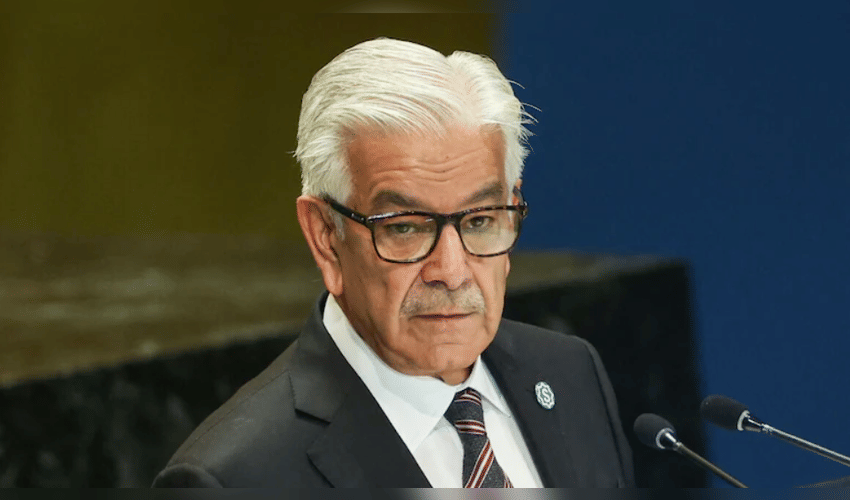Asia In News
Pakistan Khawaja Asif Sparks Controversy Claiming India United Only Under Aurangze

Pakistan's Defence Minister Khawaja Asif recently stirred controversy with a remark claiming India was "never truly united except under Aurangzeb," the Mughal emperor. This provocative statement was made during an interview on Pakistan's Samaa TV, where Asif further asserted that India’s unity is a brief historical anomaly limited to Aurangzeb’s reign, while emphasizing Pakistan’s own unity in the face of conflicts with India. He also warned that the chances of war with India are real and did not rule out future escalation, highlighting ongoing tensions between the two neighbors.
Historically, Asif’s claim is widely refuted by scholars and experts. India's political unity predates the Mughal period by centuries. The Maurya Empire, under Chandragupta Maurya in the 4th century BCE, unified much of the Indian subcontinent well before Aurangzeb’s time. Later rulers such as Ashoka further consolidated a vast territory that spread from modern Afghanistan to Bengal. Additionally, the Gupta dynasty under Samudragupta and the Pushyabhuti dynasty with Harshavardhana ruled extensive parts of India, creating powerful and cohesive states.
Even during the Mughal era itself, the reign of Akbar is noted for relative peace and political consolidation over a large territory, unlike Aurangzeb’s time, which was marked by continuous wars, rebellions, and fragmentation. Post-independence, India has maintained a stable and unified democratic system for over seven decades, differentiating itself from Pakistan’s own internal political challenges and military coups.
Asif's statements are seen as part of Pakistan’s ongoing war rhetoric against India, often framed in religious terms. By invoking Aurangzeb and calling Pakistan a nation “created in the name of Allah," Asif echoed a narrative that views the conflict with India not only as territorial but also religiously driven. The Pakistani Defence Minister’s remarks come amid growing military tensions, underscored by recent strong warnings from India’s Army Chief General Upendra Dwivedi, who said India was prepared to respond firmly to terrorism-backed aggression from Pakistan.
This exchange further fuels tensions and complicates prospects for peace in the region. Asif's commentary not only misrepresents historical facts but also emphasizes a divisive ideology that impedes dialogue. While history shows multiple periods of Indian unity across centuries, the portrayal of India’s unity being limited to Aurangzeb’s rule oversimplifies a complex past and ignores modern realities of democratic governance and national integration.



